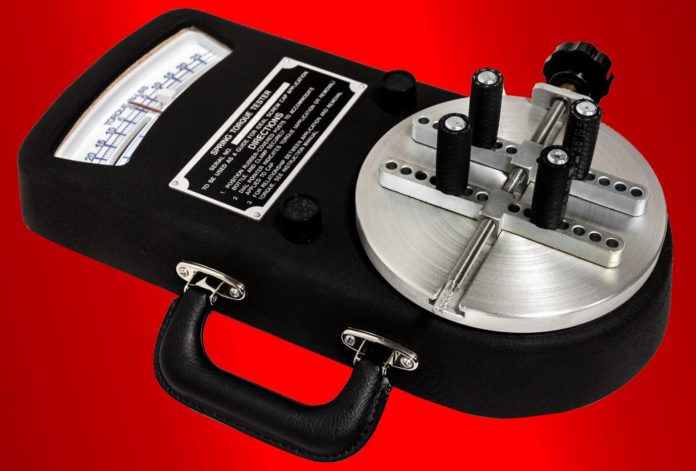If you produce bottles, even a relatively small leak can be a large problem. Regardless of whether you place your bottles on a retail shelf, ship them somewhere else, or store them in a warehouse, you need your bottles to protect the liquid inside of them. If you want to prevent your bottles from leaking, you need to understand some of the most common reasons why they leak. Learn more below, and reach out to a reliable bottle cap torque tester for more.
- The Torque Is Too Low
One of the most common reasons why bottles leak is that the cap is not put on with enough torque. If the cap does not have enough torque, the soft liner material in between the cap and the bottle will not be sealed tightly enough. This means that liquid will leak over the top of the bottle, around the cap, and out of the container.
To fix this, it is important to identify the right torque level for the containers. A handheld bottle cap torque tester can help with this issue, making sure that enough force has been applied to seal the bottle.
- The Torque Is Too High
Some people might be surprised to hear that if the torque is too high, this can cause a bottle to leak as well. If the torque level is too high, the cap can strip the threads on the edge of the bottle. This means that the grip on the closure seal won’t be present, allowing the bottles to leak.
Again, it is important to work with the right spring torque tester and supplier engineers to identify the right level of torque to seal the liquid inside. By following industry guidelines, it is possible to prevent bottles from leaking.
- The Induction Seal Has Not Been Properly Applied
One of the best ways to seal a plastic bottle for almost any product is called an induction seal. This involves plastic liners that require an electromagnetic pulse to trigger the molecules to heat up. Then, it is attached to the opening of the plastic bottle, sealing the liquid inside. Similar to torque testing, if too much or too little heat is applied to the induction seal, it can create leakage problems.
If the induction seal is not exposed to heat for long enough, the liquid inside could leak. If the induction seal is exposed to too much heat, the seal could burn, leading to a number of holes, causing a leak.
- Product and Chemical Incompatibility Concerns
Finally, there could be product and chemical incompatibility that causes the bottle to leak. Some chemicals and plastics simply do not work well with one another. For example, fuel additives and acetone can break down the bottle and cap if the right container is not used. It is important to work with packaging engineers who have experience in this area. They can find the right cap liner for the product, preventing this issue from developing. This can improve the integrity of the bottle and protect the liquid inside.
Stop Your Bottles from Leaking With the Secure Seal tester
These are just a few of the most common reasons why plastic bottles may begin to leak. If you want to prevent this from happening, you need to work with a reliable torque tester who can help you avert these issues and protect the integrity of the bottle and liquid. At SecurePak, we have an innovative product, the Secure Seal Tester, which can help you make sure your seal is appropriate. This is a straightforward, reliable, and consistent tool that can help you make sure your bottles have the appropriate seal in place. We would be happy to help you find the best way to package your products and seal your bottles. Contact us today to speak to our team.


